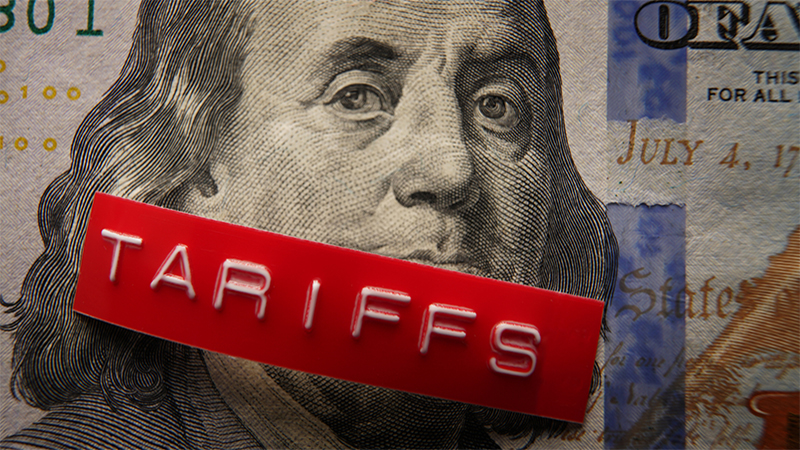Sustainable funds suffered their worst outflow on record in the first quarter as investors globally withdrew a record-breaking $8.6bn throughout the period, according to Morningstar Sustainalytics.
It unravelled the optimism injected in the previous quarter when inflows of $18.1bn signalled glimmers of hope for the sector.
Much of this year’s outflows came from US investors, who withdrew $6.1bn – it’s 10th consecutive quarter of divestment.
Yet more strikingly, it also marked Europe’s first quarter of net outflows since 2018. Investors in the region withdrew $1.2bn throughout the three-month period, suggesting that sustainable funds’ long-standing supporters have lost some confidence amid the geopolitical challenges and market turmoil.
See also: 115 funds drop ESG from branding in 2024
Head of sustainable investing research Hortense Bioy explained they were likely following US investors, who pulled back on diversity, equity and inclusion (DEI) commitments as a result of Donald Trump’s anti-ESG agenda.
Market uncertainty caused by the US president’s tariff policies also played a part in their bearishness, he added.
“These developments have prompted asset managers in the US to adopt a more cautious global approach in promoting their ESG credentials and supporting sustainability issues,” Bioy said.
“For some European investors, the rollback in ESG commitments by US firms has created hesitation, undermining the sense of global alignment on climate and sustainability goals. This hesitation is further compounded by an evolving European regulatory agenda and ESG fund landscape, while persistent performance concerns— particularly in already challenged sectors such as clean energy—continue to weigh on investor appetite for sustainability strategies.”
Paris Jordan, head of responsible investing at Charles Stanley, noted that Europe’s recent outflow was minimal given the amount it had continually invested since 2018, but said its pivot in the wake of Trump’s DEI rhetoric was disappointing all the same.
“Given the ties of many European institutions to US business, it makes sense that some cautiousness is undertaken, especially from a legal perspective, but it is deeply disappointing that this has resulted in negative flows rather than a mere slowdown of inflows across the region,” she added.
“The US is still aggressively leading the outflows, which is interesting given their sustainable asset pool was already substantially smaller than Europe and demonstrates the political environment having a profound impact on investment behaviours.”
Yet Jordan could foresee a return by European investors if more sustainable fixed income become available, which as been a more favourable asset class.
“Sustainability has traditionally been enacted via equity funds, and we have seen investors favour more fixed income in recent times. This can be witnessed in the breakdown of European flows whereby fixed income flows are very positive.
“Should there be greater product offering in sustainable fixed income, it is possible we would find people turn to these instruments during times of broader macro uncertainty.”










